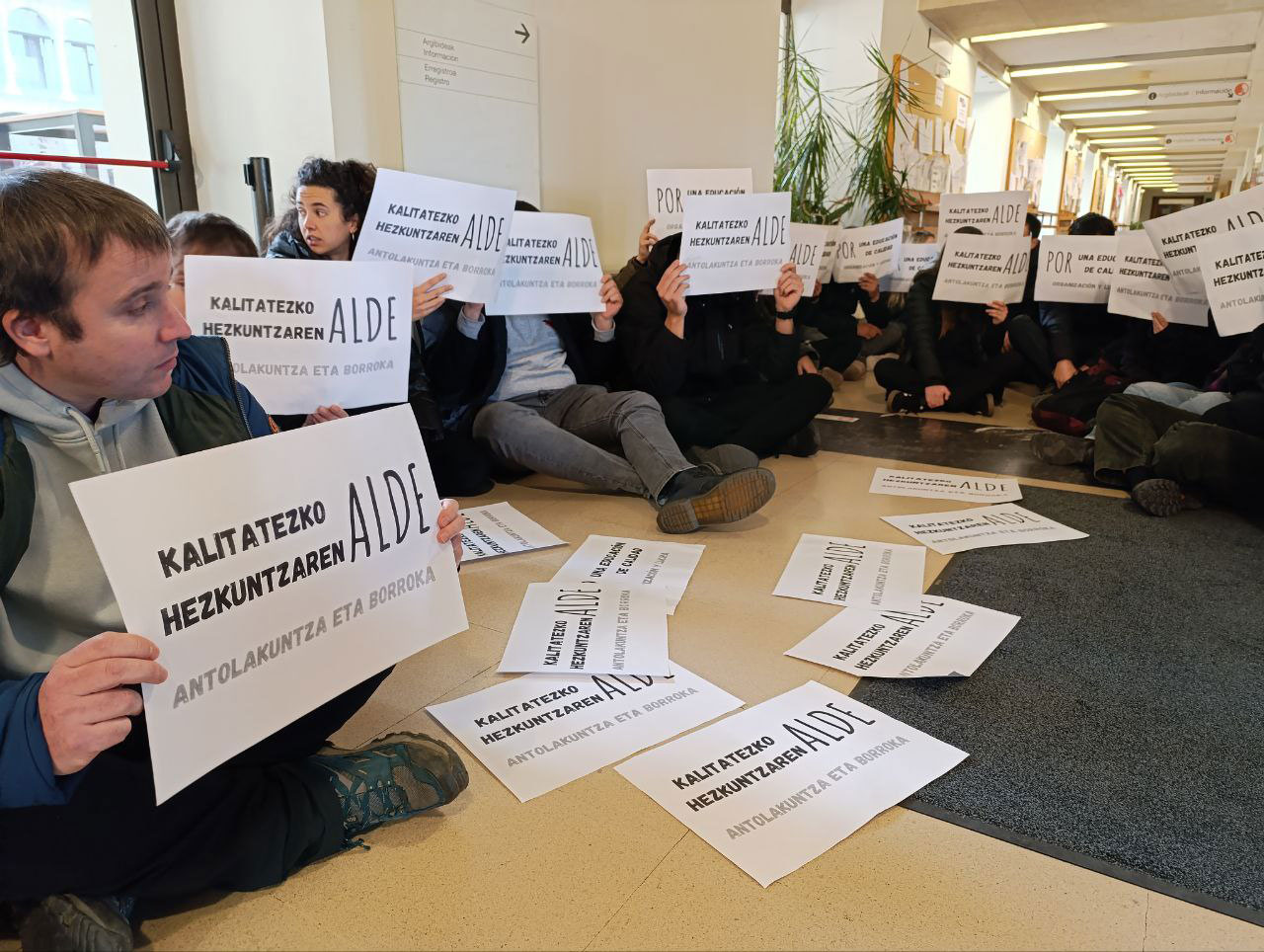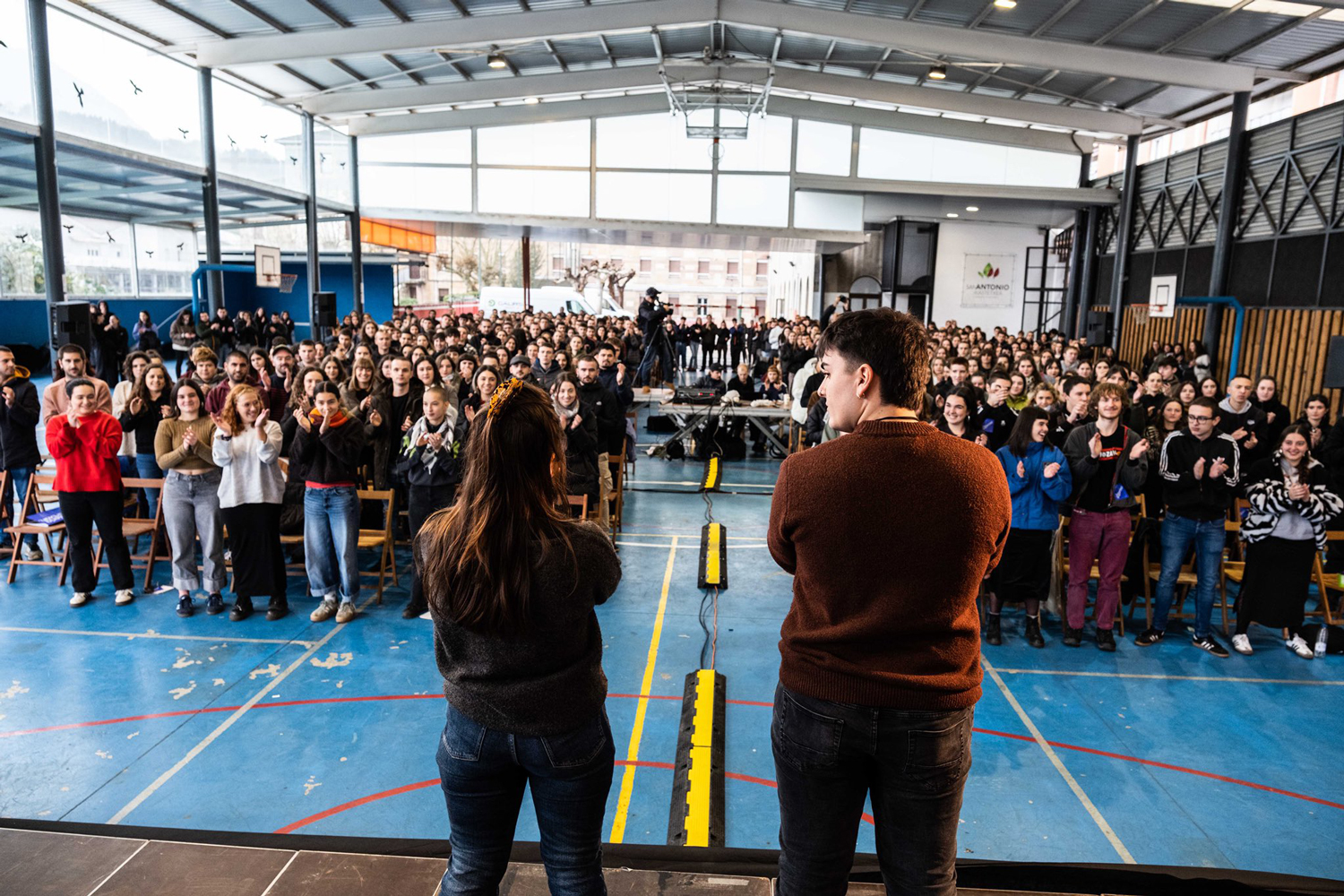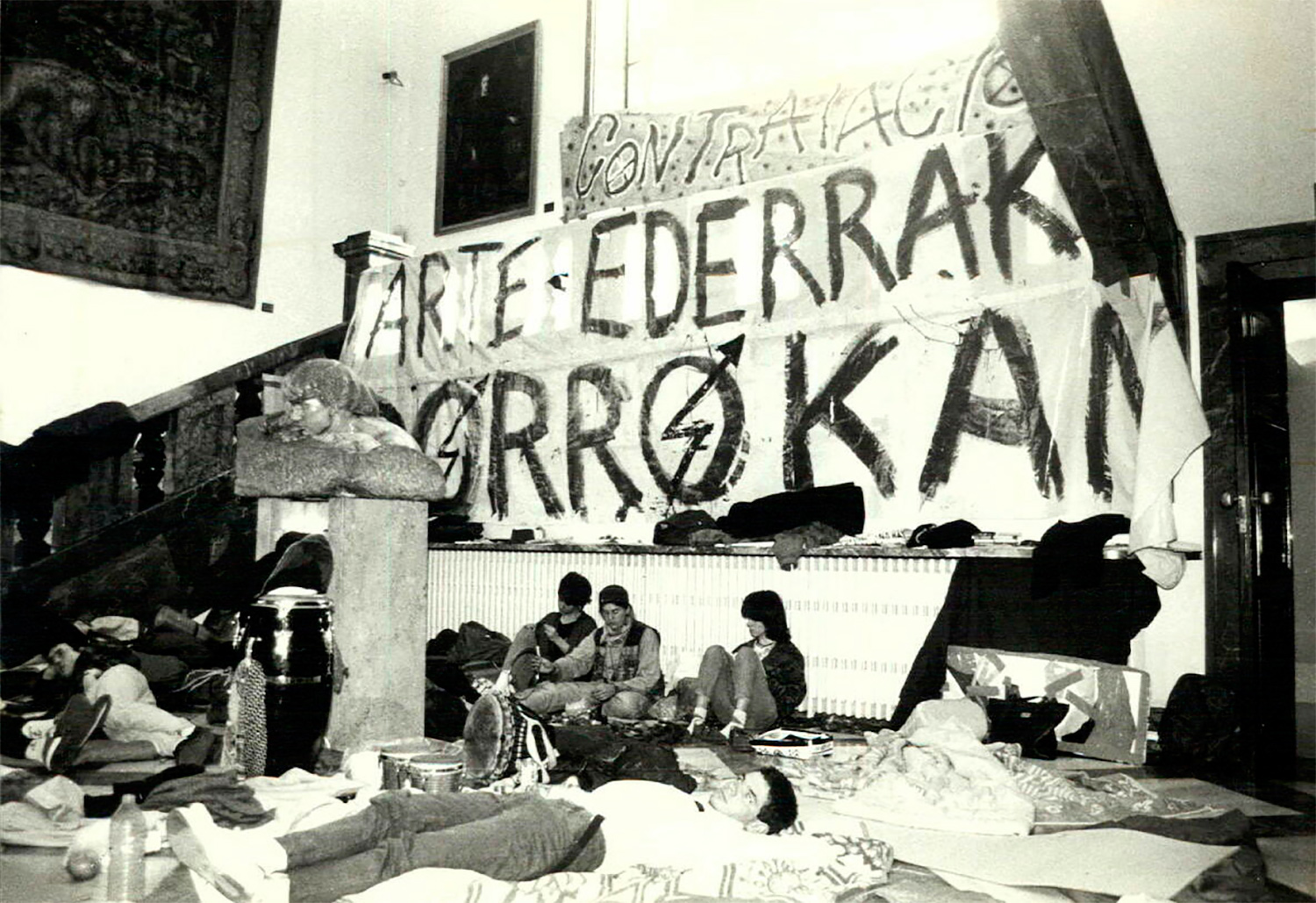"We try to explain everything equally, even though our bodies, our experiences, are different."
- Katakrak brings to the Basque the book of professor bell hooks: "Subject transgression". We've talked about the revolutionary force of education, the marginalized voices, the presence of bodies in the classroom, the fears of teachers and the small revolutions centered around the world, with Nora Salbotx, author of the book's foreword: "Many teachers are critical discursive, but the problems start coming down."

Education is always in crisis. It is also paradoxical: it is the key to transforming society, but it is criticized that it only reproduces the status quo.
Although it is often mentioned that education is in crisis, it is rarely said that this crisis has been expressly maintained, and that it is not a crisis falling from the sky, it is a consequence of the educational intervention of neoliberalism and capitalism in the 1980s. If education is the most effective instrument for reproduction or the key to the liberation of the state, it is also a classic debate, sometimes also of both, trying to make cracks. It is evident that hooks, as he aligns with critical pedagogy, bets on the second thesis: education is one of the most powerful instruments for freedom and emancipation.
In that path, hooks use struggle, revolution, radicalization ... Are they misunderstood concepts in classrooms and students?
Hooks devotes great space to the pedagogue Paulo Freire. Even if critical pedagogy was a two-piece puzzle, Freire has put one piece and Hooks has put another one: to all that criticism of oppressing, decolonizing, overcoming Westernism, Hooks has contributed feminism and everything is based on the fact that education is not neutral, so Hooks defends classrooms that promote ardent debates full of digression. But I would say yes, that this is misplaced, and it is curious, because at the theoretical and discursive level most professors say that they are socio-critical (according to a study that was made in Euskal Herria), but coming down to practice the problems begin and we fall into the fallacy of neutrality and objectivity, fear, complex.
In fact, hooks talks about teachers' fears for revolutionary purposes and how those fears end up breaking the initial desire. Fear of authority before students (power?) Losing, changing planning, discussing… hooks says that many progressive teachers have
no problems at the theoretical level, for example, to refer to class prejudices, but in practice they resort to the so-called “bourgeois rule” in the internal logic of the classroom, in molds and in behaviors. That is, we work in the mouths of the good forms of the bourgeoisie, and it is hard for us to overcome that, it is difficult for us to accept diversity, with all that implies: the body itself, the attitude, the way of speaking and dressing... That is what it is afraid of, thinking that the authority of the teacher is questioned and that the control of the class escapes us.
Because the need for decolonization of class, race and gender is not limited to didactic material, decolonization is also necessary in the dynamics and debates of aula.Va the roots: it is not enough to transmit liberating knowledge, it must be done through a liberating practice, the practice itself
must also be liberating. From Euskal Herria one can make an interesting reading: from our experiences, we need to reclaim subjectivities and make them visible, oppose the so-called neutral and objective education.
It is the fat word “objective”.
And fully searched: the bourgeois white man and his neutral looks are objective, and what is left out of him will be visible, it will attract attention. Let's use it to look for slits in the system and create cracks.
"At the bottom is that education is not neutral, so hooks wagers on classrooms that encourage ardent debates full of digressions."
In the same vein, in front of those who undervalue individual experiences and prioritize global vision, hooks attaches great importance to the experience of each of the components of the class community, thinking that it enriches the learning process and that marginalized voices work as a counterpoint to privileged voices. hooks
started his learning career in a segregated school, blacks on one side and whites on the other, which left him a big mark from the very beginning, that his experiences and other sources led him to give great importance to the hooks experience, even to the body, claiming over and over again that the head and the body are inseparable, although systems make us believe that we are only the head. This demand for physics is a great contribution and says that all educational activities should go through our bodies and from there. Is it the same that in class the teacher puts himself above the stage or after the students? How does the way of dressing, the way of moving, the variants used when talking… influence? Are we all representing in one way or another the ways of the bourgeoisie and patriarchy that have been imposed on us? Should slavery and colonization be equally explained as black or white? And the war of 1936, being the grandson of one side or another? What about literature or language, being Basque or Castilian speakers? We don't do that political exercise, and we try to explain everything in the same way, even though our body, our experiences, our experiences are different.
Despite the importance of action, he argues that reflection and theorization itself can be revolutionary, especially when talking about silent, excluded, taboos...
Yes, Paulo Freire is based on what Sensitization and Hooks call awareness, leading to theorization, regardless of mere activism, but also of mere intellectual attitude. They pose a round process: there is an intuitive way to assimilate the world at first, then their problem and awareness leads us to another level of reasoning that allows us to carry out interventions that are transformative or critical. I go back to theory with what intervention teaches me, and they feed back and forth. Transformative and critical interventions in education also come from a problematization and awareness process.
It also talks about teachers trying to make a liberating education. We also
have… Yes. All the sovereignty we fight from education is a loophole and a gap in this path: technological sovereignty, food, language, earth, bodies, and the return of the sex-gender system... In this path, when we transform spaces from a feminist perspective, when we propose supra-helicentrist initiatives, when we use local producers' food in the dining room, when we organize together, with a historical memory and a class of workers. The question is whether we politicize all this, whether we do it from a political conscience, aware that with these small revolutions we can make a great revolution. In short, everything that happens since we enter the morning in school until they clean the school at sunset is political (care, food, power relations, participation, languages…) and it is necessary to be aware of it.
BELL HOOKS:
Born in the United States under the name of Gloria Jean Watkins, he was a writer, professor and feminist activist bell hooks (1952-2021). As a child, he started his career in black classes, “we realized that what we had to learn and live with our heads was a counter-hegemonic action”; then, along with the whites, the disappointment in class was great. Both those who have lived as students, the liberating pedagogy put into practice as teachers, and their resistance to return, their fears, errors and fruits, among others, have healed the subject "Transgression". Education as a practice of freedom."
Remember? 90% of Parliament adopted the Education Agreement two centuries ago – forgive me, two years ago. The reaction of the leftist congressmen moved between euphoria and moderate satisfaction. According to the approved document, private institutions would continue to... [+]









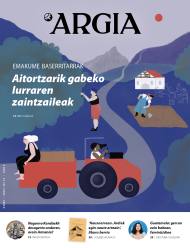


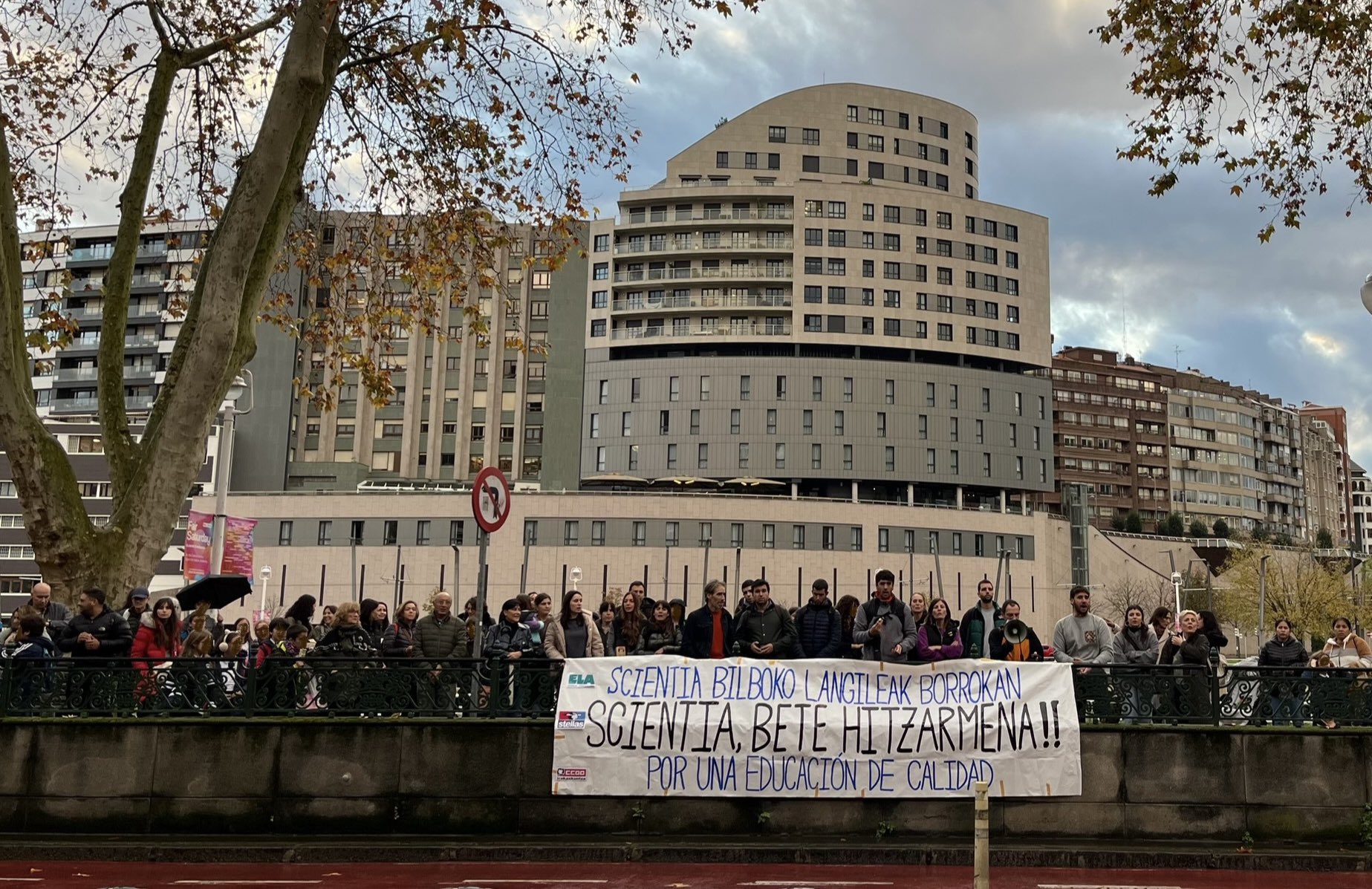

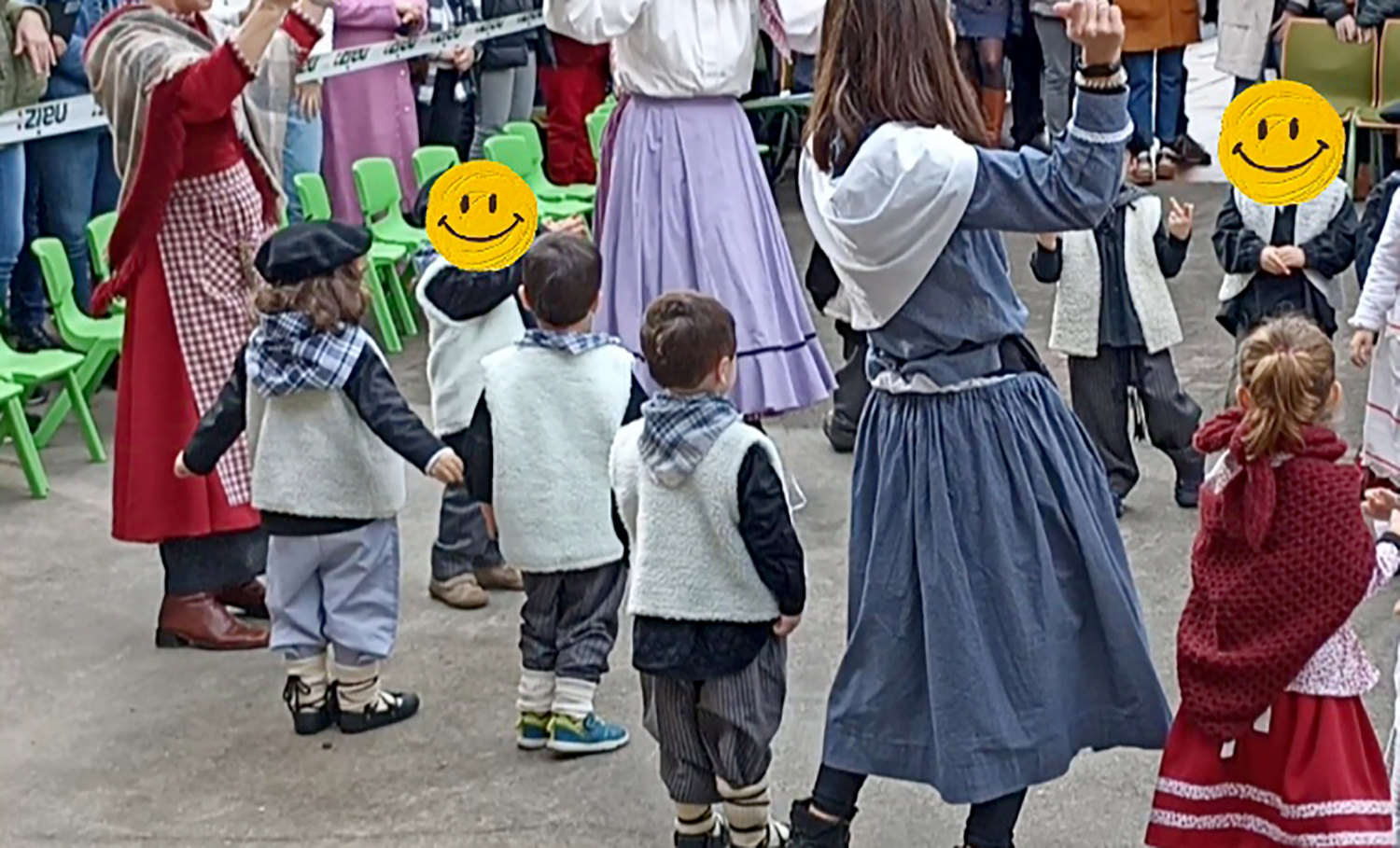
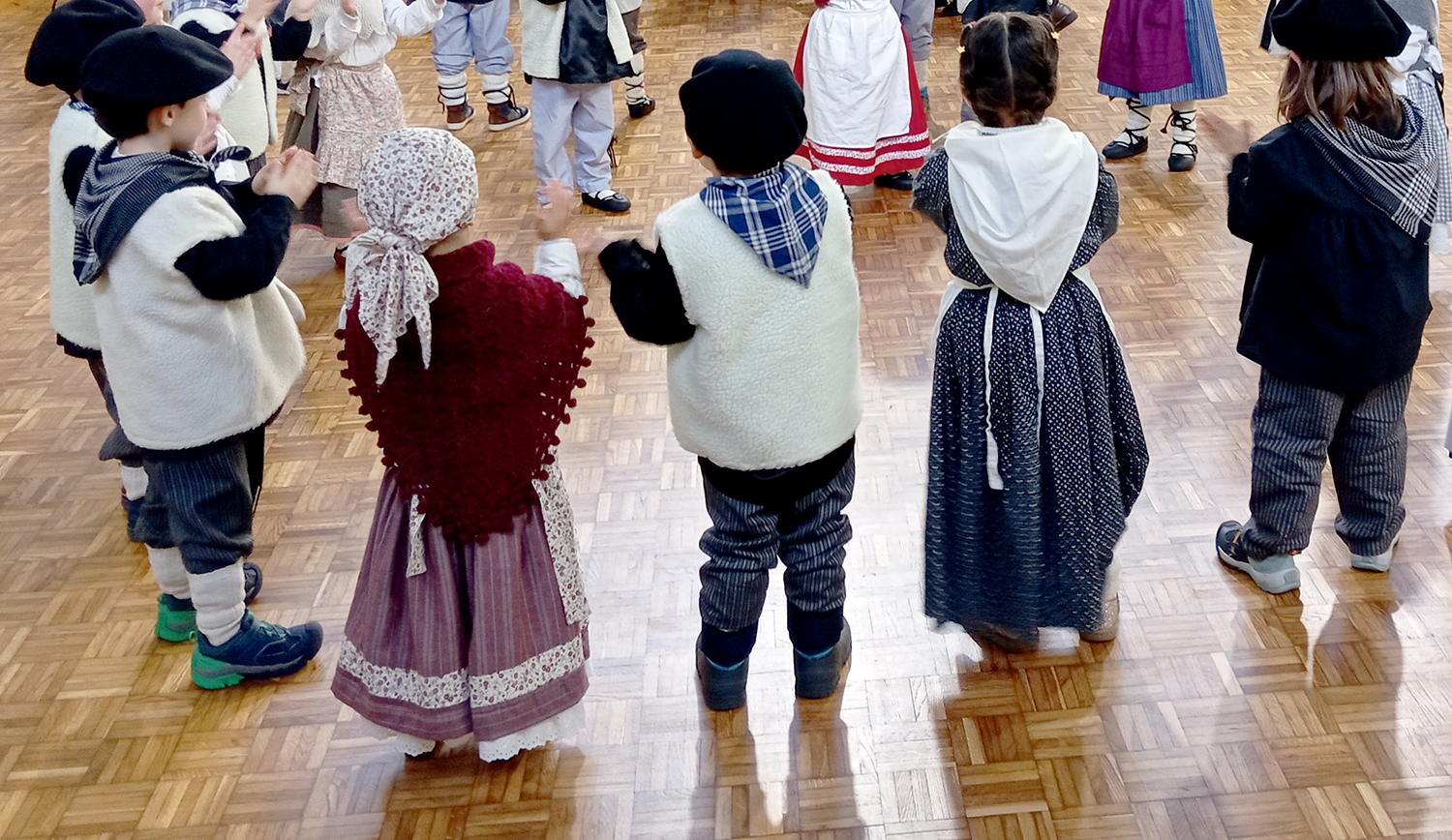
.jpg)
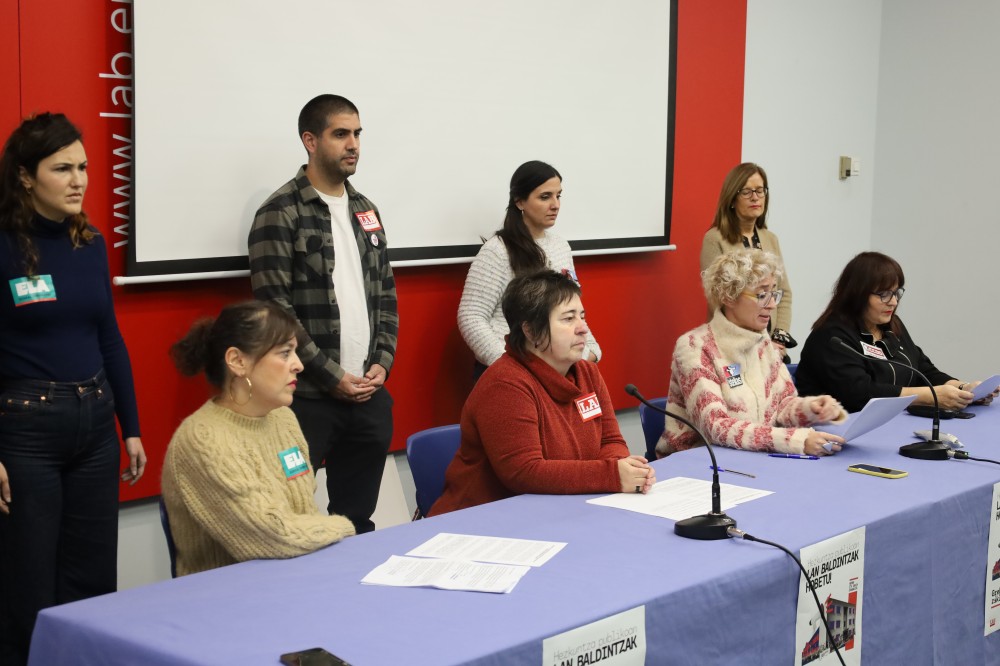
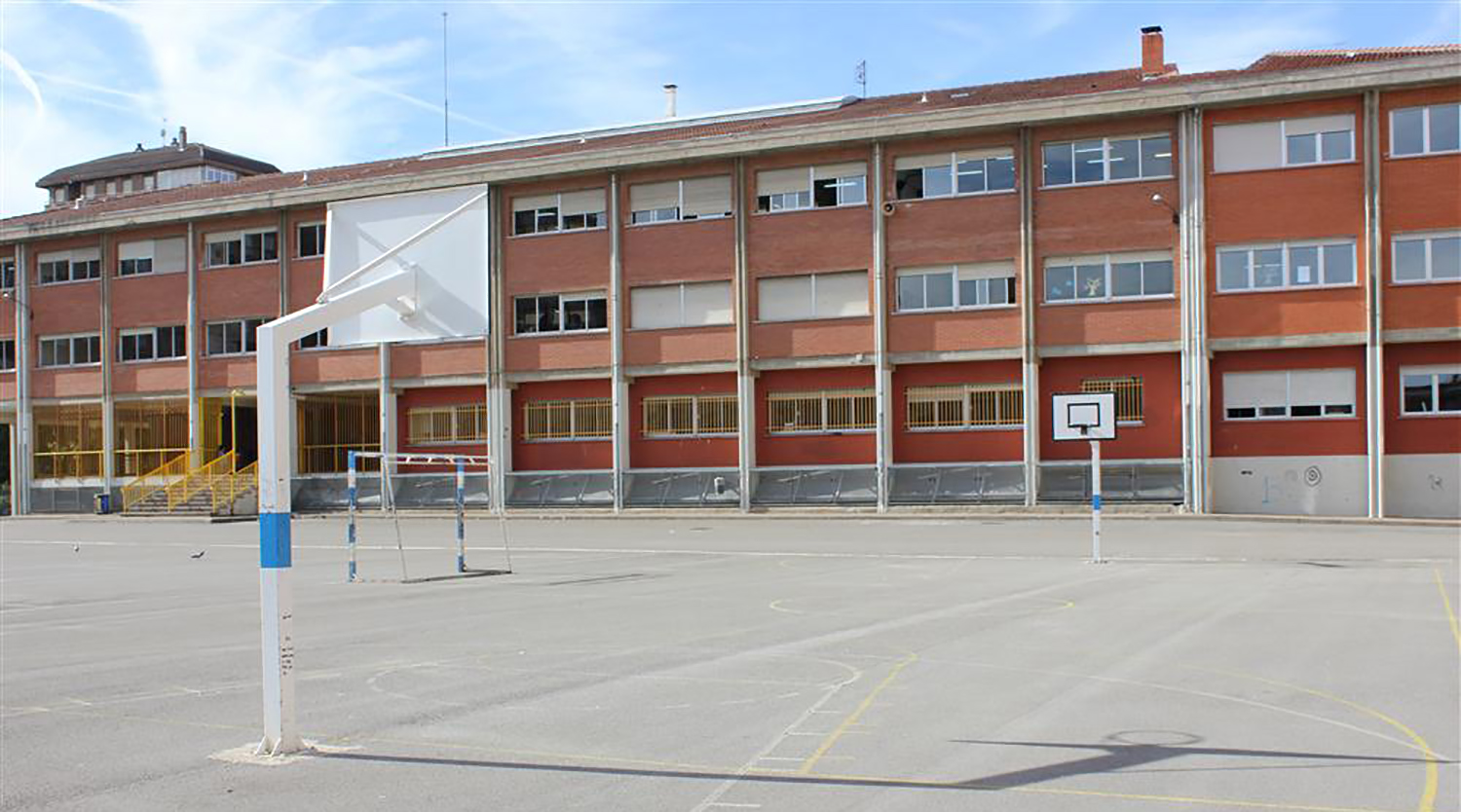
.jpg)
